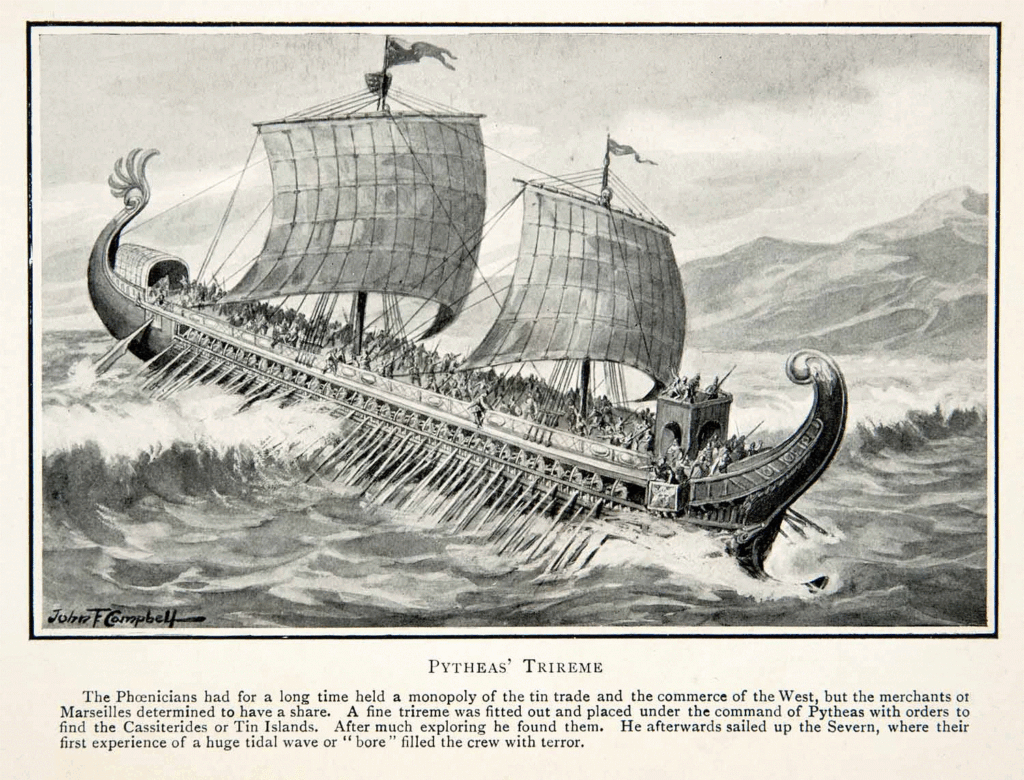What a piece of work is a man! How noble in reason, how infinite in faculty! In form and moving how express and admirable! In action how like an angel, in apprehension how like a god! The beauty of the world. The paragon of animals. And yet, to me, what is this quintessence of dust? Man delights not me. No, nor woman neither, though by your smiling you seem to say so.
William Shakespeare

In playing his old friends Rosencrantz and Guildenstern for beguiled fools, Prince Hamlet summons a poetic force that acknowledges the Planet’s mastery, proves his love of the creation and applauds the embodiment of humankind. But such is anger, paranoia and fear behind the mask, he dismisses the earth as something alien, a delusional realm of repugnant gases. Simultaneously, men and women, intelligent, heroic, graceful as they can be, boil down and spoil to a jaded legacy. Smirk, if you must, I’m not here to jive — veracity is a liar, ain’t that the truth! How do I care for Earth if I am broken?
So the whole ear of Denmark
Is by a forged process of my death
Rankly abus’d. But know, thou noble youth,
The serpent that did sting thy father’s life
Now wears his crown.
Challenged by the visitation of his father’s ghost, we might remain sceptical; delayed reaction to the death of a loved one, psychological angst, hallucinations, a prince’s lament? Why so, maudlin? In the Lord’s name, everyone grieves. His sittings seem pitiful. Look to your studies, take a hobby, anything but this self-indulgent waffle. We are all extremely sorry! Now, for the love of God, for family, mother, and country, let’s get over it. Move on! The aggrieved and uncertain mood remains in place until Hamlet mounts a play that depicts the scene of the crime, plucked from the visions of his father’s stricken spirit. And such is the aim; the player hits the bull’s eye, triggering an unstoppable reaction from Denmark’s court.
His uncle’s knee-jerk response to the play is tantamount to the admission of treason and murder. Now, even the most sceptical among us stand alongside the Prince’s revelation, his fear, revolt, and requital. Truth proves love, the closest of friends, is the maddest and saddest of heartbreak. The court’s descent into paranoid insularity is inevitable. His uncle, overwhelmed by moral decline and lust for power, counters Hamlet to the margins until death wields a venomous sword on the return. Protagonist and antagonist, duelling for retribution, poisons the other, leaving the noble heart broken and the fundaments of honour for us to read in the silence of our prayers.
Power and wealth you can have, but a calm heart and clear conscience may disband you.
I’ll have grounds
More relative than this—the play’s the thing
Wherein I’ll catch the conscience of the King.
Be it Shakespeare, or the complexities and intrigue of another exporter of myth and verve, prince or pauper, titlist or thief, marked down as labour intensive as we were; we were unsuitable for such insight. Two up, two down. That afforded house is the son’s castle. Most of us weather-heads, given our physiological prowess and wit, would have figured the plays completely, for we knew the trickery, faultiness and how to work or avoid an avenging encounter instinctively. Here lies the shame in fragmenting the fields of learning. If we want to find out why insularity and jingoism are an overwhelming fixture of our lives now, surely we need to open our past to the present, our hearts and minds to other spectrums of schooling, an altogether different, holistic approach.
Can it be that we call our childhood years formative to live out a worn-out cliché in adulthood? Unapologetic in bigotry, duplicity, ascendancy, our right to overrule and so on? Should we accept postulated values, rejig the blocking, pat ourselves on the back for getting the facts right and continue with the same whitewash? Too loud to scream, too quiet to dream. Truth shatters a family’s trust.
The deep end of a play can reveal first hand that the most honourable among us are not immune to terrifying and absurd disclosure. Working the moment, sorting out personal differences, catching emotional malfunctions en route, gaining trust for the other, only this time around, the fellowship brings us together, with enough deference for that old paradigm of indifference and constant need for revenge to change.
Stage managing, lighting, set building, composing, design, psychology, painting, singing — Maths, English, Woodwork, Metalwork, Art, History, all subjects addressed and tested in the alchemy of making a play.
Whether we fall by ambition, blood, or lust, like diamonds we are cut with our own dust. John Webster
Officer, actor, nurse, cadet, pilot, addict, bright, jaded, failure, success, whatever label adorns, we come together to tell a story plucked from the history of our lives. Absolutely immersed in a brilliant play, an emotional, psychological, and even dangerous challenge; exciting and profound to some, controversial, unthinkable to the other. The tale that unties the entanglement of past confusion, and indeed hurt, clears the air of ignorance. A possibility that brings insight to the absolutist in us stops us from being head-butted into inertia and distrust, not to mention the distinct loss of awareness of Earth and its celestial spheres.
Let me know
Wherefore I should be thus neglected. Sir,
I serv’d your tyranny, and rather strove
To satisfy yourself than all the world:
And though I loath’d the evil, yet I lov’d
You that did counsel it; and rather sought
To appear a true servant than an honest man.
John Webster.
John Webster’s Duchess of Malfi is about as dark and horrific as human conditioning can get. While the blood lust may seem loud, the Jacobean play draws in tension so tight; the story still cuts a punch all these centuries later. The play’s power illuminates underlying discourse for the ruptured family behind the politically celebrated tycoon, a fossil fuel magnet, that digital conglomerate, the charming snake in the grass next-door, those who govern our collective purse-strings from their ivory-tower right now. For those of us who thought we were tough, shaking a spear in this horror show would have been a massive wake-up call, like going some place as an evacuee, realising you might not get back to mum and dad again.
Step into the guts of Malfi, under the throw of such a gang, and go the length it takes to survive the bleakest corner — a full-on initiation worthy of heroism. The Duchess holds her own to the hands of her brother’s unending need for one over the matriarch. Warding off their savage hunger for control until death is an escape, preferable to the inevitable insanity and deterioration that follows. Crossing boundaries between gender. Challenging the logic of masculine ascendancy. The jury is out. For us boys in the yard, the trial alone would have been enough to draw light on our prejudices and transgressions, which were growing by the hour.
That which is subjugated today becomes beholden tomorrow.
Gentlemen were trained in eloquence and the arts of war; gentlewomen, were urged to keep silent and attend to their needlework. In men, a will to dominate was admired or at least assumed; in women, it was viewed as dangerous or grotesque. A truism for much of our history. Webster was putting his life on the line in the publication and performing of the Duchess of Malfi in 1614.
Work as one, given the calm before the storm. Science, art, linear and nonlinear, heart and mind, struggling to heal rift and pain, the cause of vengeance. This versus that, you vs me, those vs it, take a side and violence is the denominator. Doesn’t matter where we are in the pecking order, how noble our standing, whether it’s far back in age or within recent memory, reactions to what someone did or said, drives the action we take now. You may be an honest man, holes in pockets, degenerate, the slightest push and you fall, by the way. If the ability to recite law comes easy and language is your forte, retribution lies tight to a word and you win.
On 22 September 1598, while his first successful play, Every Man in his Humour, was in performance, Ben Jonson was under arrest for killing the actor Gabriel Spencer in a duel. Jonson escaped the hangman’s tie because of a legal loophole granted by benefit of clergy — any man fluent in Latin stood as a cleric and therefore immune to secular law. A working relationship that ended a life to the tune of murder. Bricklayer, soldier, rebel, scholar and master of the sword, he may have been, but it seems Ben Jonson’s extraordinary ability with words saved his head from the noose and assured his place in the chamber. Accused, acquitted and celebrated, Jonson became an acclaimed playwright, thought to be our first poet laureate, a comic muse, with a portfolio of plays only Shakespeare could match.
Soul of the age!
The applause, delight, the wonder of our stage!
My Shakespeare, rise! I will not lodge thee by
Chaucer, or Spenser, or bid Beaumont lie
A little further, to make thee a room:
Thou art a monument without a tomb,
And art alive still while thy book doth live
And we have wits to read and praise to give.
Shine forth, thou star of poets, and with rage
Or influence, chide or cheer the drooping stage;
Which, since thy flight from hence, hath mourn’d like night,
And despairs day, but for thy volume’s light.
Extract from the eulogy to William Shakespeare by Ben Jonson
We find repose, apperception, execution and arbitration in the best and worst of humankind. Guilty or innocent? The past catches up with us until the day we are born; only then does the present meet the future. A novice wordsmith snatches a line between life and death. Bang to rights doesn’t mean scuppered, if imprisonment provides a safe environment to explore the mask.
Have I gone off on a tangent with the dramatist? Not quite! A model code, our rights and wrongs are born of fear and fortitude, tears and laughter, the comic and tragic trajectory drawn from history in our backyard.
I’m not sure I follow? That’s my line. What line? I’m not sure I follow. Follow what? The line. Shall I look it up? What? The line, I’ll look it up! Sorry, what line? I thought we were off line? Going out, may be awhile.
With what display will allow, before facts fall into farce, I will do my best to stay on course in a terrane as complex as it is oceanic. How does anyone remain focused in an age of digital overload, where unlimited knowledge brings up so many unanswerable questions at the tap of a phone? Travel any strait, cross any mountain, take any random route, the tangents and offshoots are everywhere, so gather wind to the sails, helm amidships and aim for the reaches of the world.
